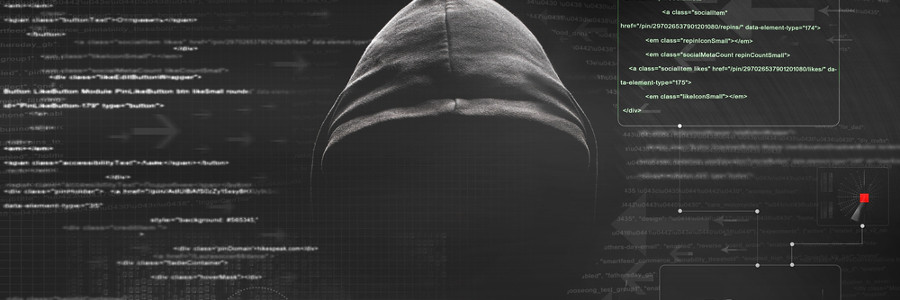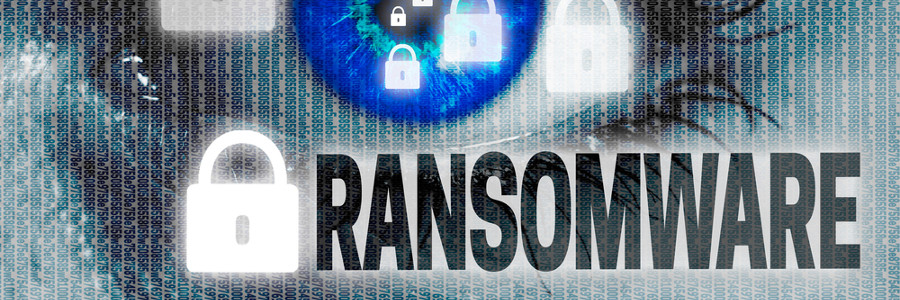Hackers come in all shapes and sizes, with different motivations for why they do what they do. Unfortunately, small- and medium-sized businesses (SMBs) are often the target of these malicious individuals because they are seen as easier targets than large enterprises.
Understanding your enemies: The 5 types of hackers that will attack your business
Defend your business from these 5 types of hackers

"Know thine enemy" — it means to get to know them and their motives. In this blog, we take a close look at the five types of dangerous hackers, what their motives are, and how they operate.
Script kiddies
In terms of skill, script kiddies (or skids, for short) are at the bottom of the hacker totem pole.
Watch out for distributed spam distraction

A lot of people get a handful of spam in their email inboxes every day. While spam can be a nuisance, it only takes a few minutes to delete or block spam. But if you receive tens of thousands of spam all at the same time, a huge chunk of your time and energy will be wasted on dealing with them — and they might actually be hiding telltale signs that you're being attacked by cybercriminals.
Secure healthcare data from hackers

Healthcare providers are vulnerable to cyberattacks because their industry is lucrative. People and even government institutions spend so much money on their medical bills, thanks to emerging markets and aging populations. Advances in technology have transformed paper medical records to digital files that can easily be stored and accessed, but can also easily be stolen by hackers.
Beware of these 4 types of hackers
Chrome and Safari: hackers’ newest tools

Filling out web forms often seems like an unbearably monotonous obstacle that gets in the way of online shopping, booking a plane ticket, and doing other types of online registration. With many of today’s transactions done online, people have become accustomed to relying on their browsers’ autofill function to save time.
Threat alert: self-replicating ransomware
4 different types of hackers
Ransomware alert for healthcare practices

Ransomware is becoming a growing problem for the healthcare industry. And with around a dozen attacks on hospitals being reported since the beginning of the year, you may be wondering just how severe the problem is. Should you be alarmed? How can you protect your practice? Here’s an inside look at how the ransomware epidemic is affecting the US and Canadian healthcare systems.
New Office 365 feature for more secure email
- 1
- 2






